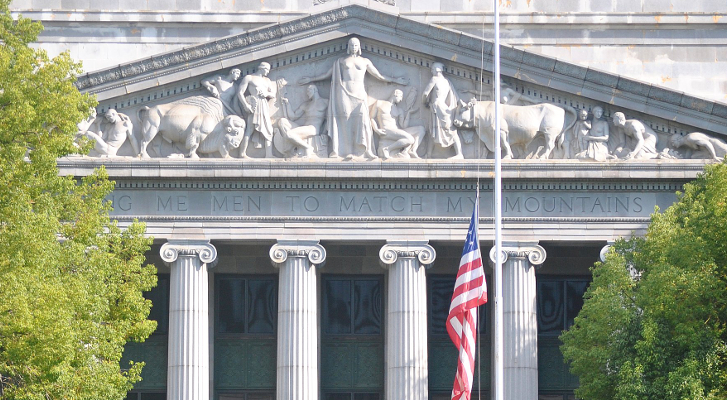In California, a state appeals court has ruled against the United Auburn Indian Community in an action that was designed to stop the rival Estom Yumeka Maidu Tribe Of Enterprise Rancheria from opening its planned Fire Mountain Resort And Casino.
According to a report from the Associated Press news service, the Sacramento-based Third District Court Of Appeal ruled on Thursday that the governor of California has the authority to allow casinos on Native American lands and did not illegally take that power from the state’s legislature.
The Estom Yumeka Maidu Tribe Of Enterprise Rancheria broke ground on its 140,000 sq ft Fire Mountain Resort And Casino near Yuba City just over five months ago but temporarily halted construction in August due to financing difficulties it blamed on “14 years of unprecedented administrative delays, political and legislative interference and judicial scrutiny”.
The tribe wants to locate its Fire Mountain Resort And Casino on 40 acres of land that was placed into trust in 2012 as compensation for flooding caused by the construction of the Oroville Dam and the creation of Lake Oroville. Under the 1988 Indian Gaming Regulatory Act, aboriginal groups can build casinos on reservations that existed before October 17, 1988, but not on plots subsequently set aside by the federal government. However, the United States Secretary Of The Interior may make exceptions in cases where such a move is in a tribe’s best interests and does not adversely affect the surrounding community so long as the state’s governor concurs.
In its action, the United Auburn Indian Community had argued that the power to concur belonged only to the state legislature as this body had not delegated this role to the governor. As such, it contended that the governor’s decision to concur with the federal government’s assessment of the Estom Yumeka Maidu Tribe Of Enterprise Rancheria’s casino was invalid.
The $186 million Fire Mountain Resort And Casino would sit approximately 22 miles from the United Auburn Indian Community’s Thunder Valley Casino Resort while the three-judge panel ruled that the power to concur had the “characteristics of an executive rather than a legislative act” and, therefore, did not depend on the delegation of power by the legislature.



